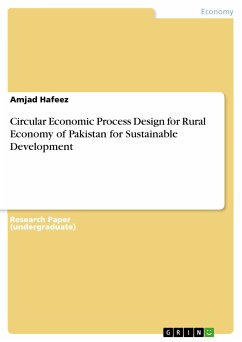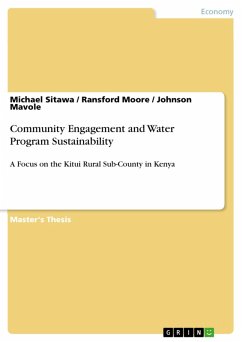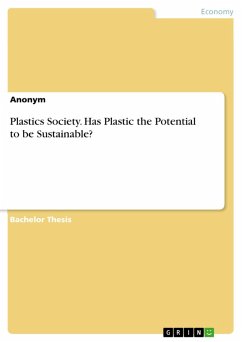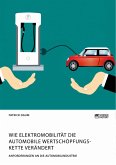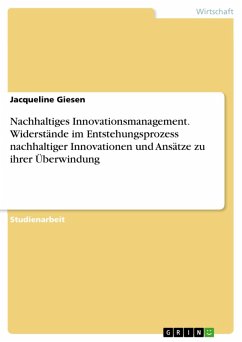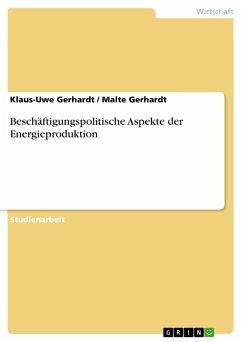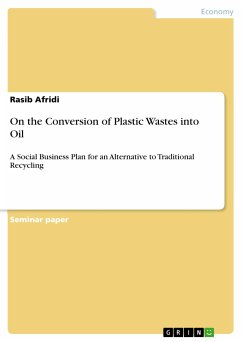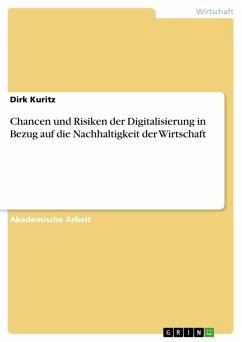Research Paper (undergraduate) from the year 2018 in the subject Economics - Case Scenarios, grade: 3.7, University of Cambridge, language: English, abstract: Earth has finite resources. The demand for resources is increasing with population increase and resultant economic growth. The generic process of Take-Make-Dispose is putting great stress on earth's finite resources. As Demand increases, economic system takes raw materials from natural world, converts it into some value added product, supplies it to the consumers and consumers dispose it off with the end of its lifetime or replacement with new updated version of that product. Apart from this product conversion, we are consuming resources for our food and this demand for food is growing exponentially. The time is nearing when this will deplete resources and we will have to search for new worlds to feed human population on earth. But there is another solution to this problem. That is replication of natural food chain in economic and technological systems. This is called circular economy or cradle to cradle approach. For millions of years, biological nutrients were being returned to earth to enrich it. Industrial processes have given rise to technological nutrient which is input for techno-sphere for reuse. To this system there is no waste. This is called cradle to cradle. This is to integrate various components of economic system and industrial processes in a way that a waste output of one industry becomes input for the second interconnected industry in the form of a cycle. This is also called waste to food phenomenon which gives rise to circular economy. But this transition to a circular economy, where the value of resources is preserved in the techno-sphere, must be supported by policies and operational decision-making based on evidence. Pakistan is one of the top producers of milk in the world with total annual production of over 42 million tonnes. This milk production is from farmers with individual buffalo and cow herds. This milk and dairy output contribute 11% to the national GDP. These animals also provide meat and raw leather for the industrial sectors. These animals generate waste in the form of dung and urine. This waste is used for fuel purpose at rural homes and used as manure for crops. Before using, it is left to decompose in the open which generates methane and other green-house gases along-with unpleasant and unhealthy odour.
Dieser Download kann aus rechtlichen Gründen nur mit Rechnungsadresse in A, B, BG, CY, CZ, D, DK, EW, E, FIN, F, GR, HR, H, IRL, I, LT, L, LR, M, NL, PL, P, R, S, SLO, SK ausgeliefert werden.

